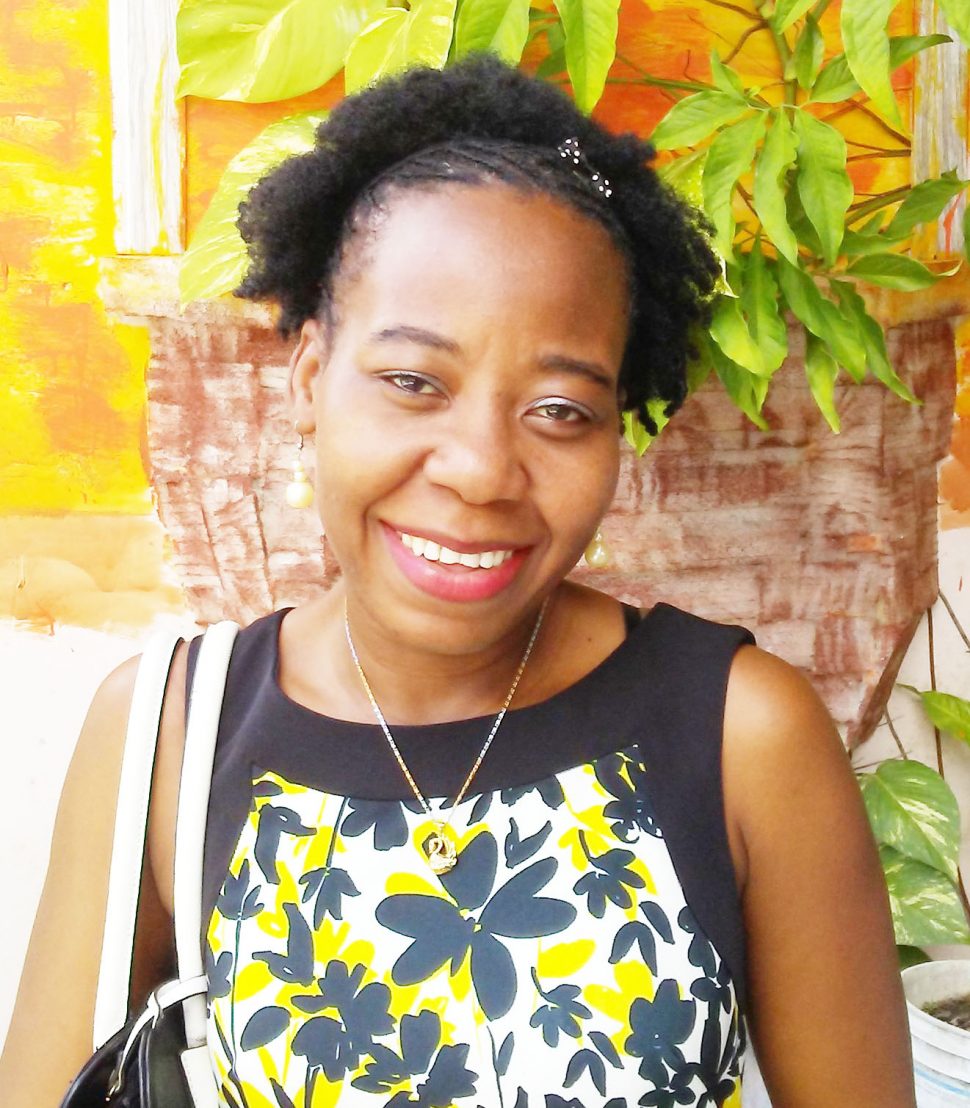I am no expert but I have an opinion. I wonder if people realise that your race is what you are. There is no choice here. At no point is your opinion sought on the matter. Why then do we embrace prejudice. At what point do we become conscious of differences. Why are our prejudices based on the earth-suits we are given? People go beyond their outward appearances. Prejudices derive largely from culture, upbringing and society. Those, in my view, are the things in need of fixing.
Take the Caribbean, our Caribbean as an example. Ours is a history of migration. We were thrown together from out of various socio-cultural backgrounds and left to work out our own salvation. How have we fared?
The native Lucayan called their home Guanahani. They preceded European invasion and the attendant imposition of their cultural value systems. African slavery was the most profound outcome. After that came subsequent ethnic imports, their own cultural practices already embedded.
Out of those experiences Guyana created its own history, reflected in the story of our struggle for independence and afterwards another struggle to build a nation. Over time, we have continually rehearsed the names of the players, the places and the events that comprise our history as a nation. We remember too, the tragedy of the political divide, the awareness of difference and of separateness. Those are tragedies that haunt us to this day, rising as and when they will, threatening to consume us.
It spawned a political divide, a political divide. In the process we have lost sight of the reality of our common struggle, our common destiny. Time has passed and division has become a tragic inheritance, a legacy that every so often, threatens the collective peace. In the process we discreetly set aside the new races, born out of the relationships created by those who were here before. They are the ones who are caught in the middle.
Our history instructs us that there is no rationality to racism. There is no end to the tragedies that have been spawned, globally, by this intense and over-exaggerated sense of who we. Oddly enough, the more intensely we engender a sense of self the more we cultivate notions of superiority… and that is where the hate begins. Landmarks in our separate cultural experiences become instruments of separateness.
I can recall countless stories of kindness and generosity and a willingness to reach out across the barrier of race and I see no reason – save and except the desire to equate differences with notions of superiority – what reaching out across the barrier of race cannot be the norm.
For our own sakes, a sense of separateness is not a luxury that we can afford.
Carlene Gill-Kerr is a poet, a performer, a wife, a mother and a Guyanese





